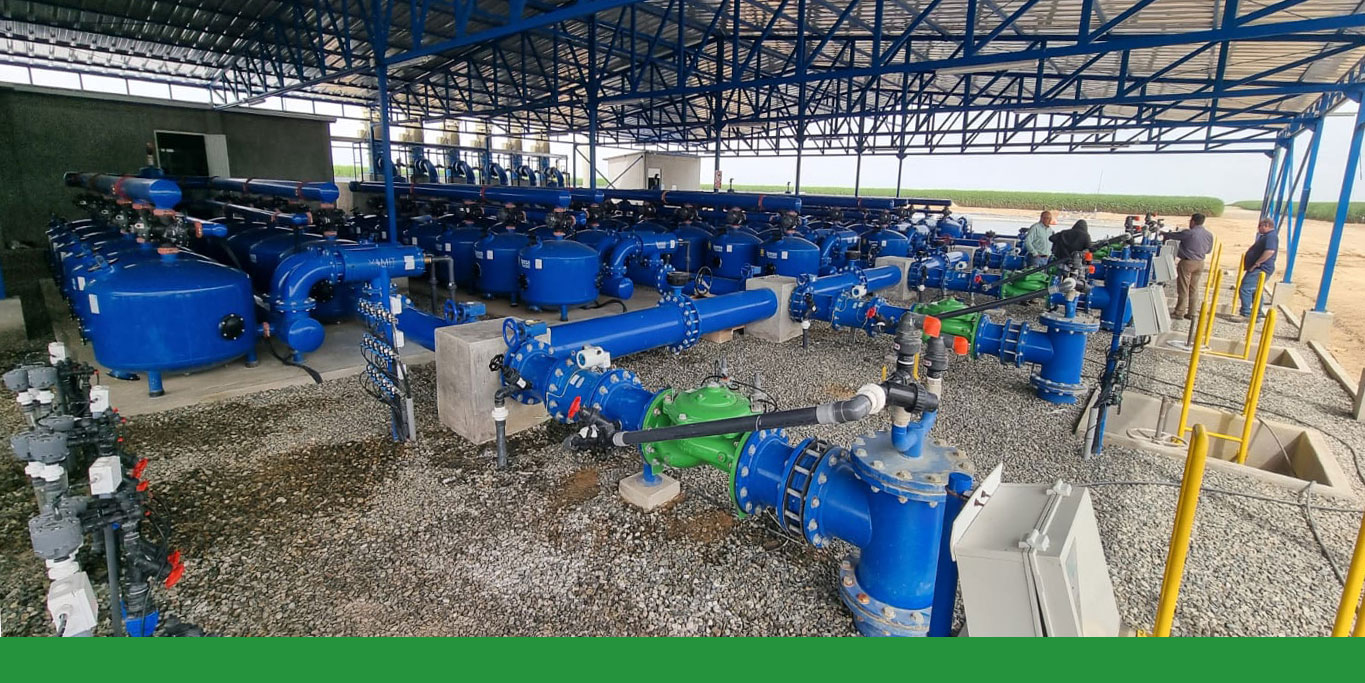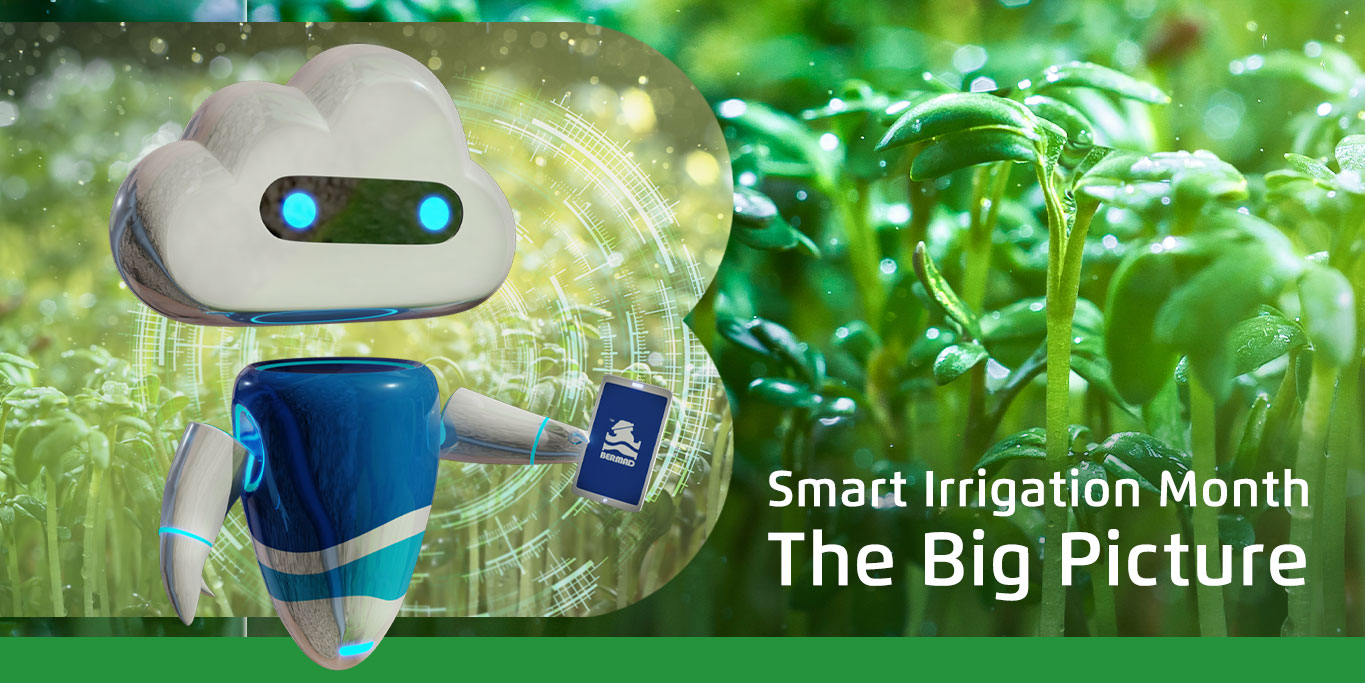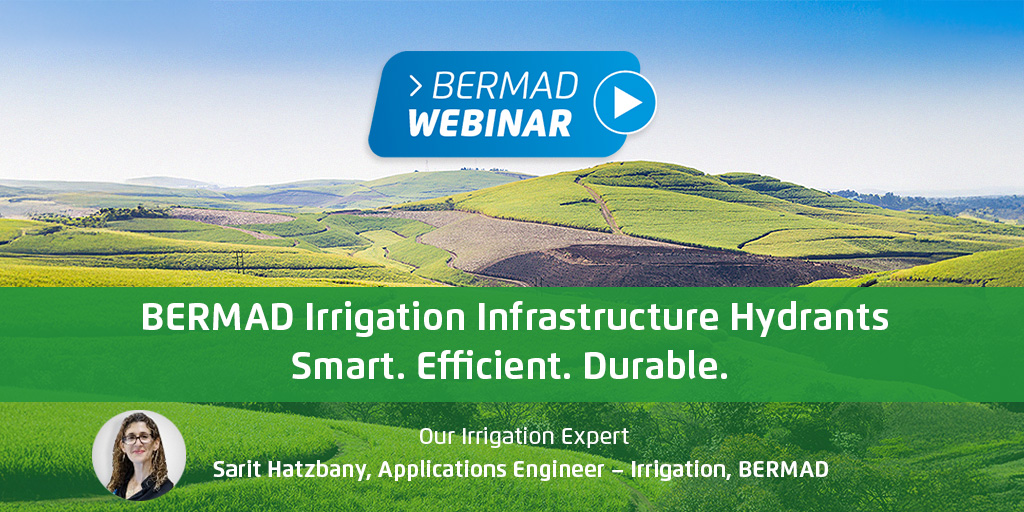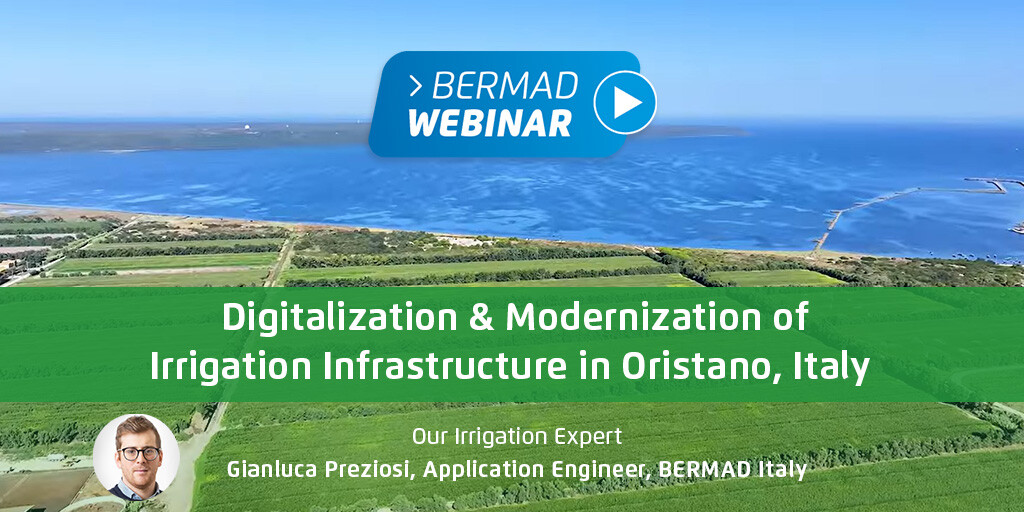As energy costs and global food shortages continue to rise, water associations are focusing on irrigation infrastructure projects that can cost-effectively and efficiently deliver irrigation water. Irrigation water supply projects can broadly be divided into three key areas:
- Pumping Station and Water Source Management
- Water Distribution Network
- Hydrants [also referred to as Outlet Management Systems (OMS)]
1. Pumping Station and Water Source Management
Includes the water source and pumping stations, to ensure efficient water delivery. Pumping stations are complex and expensive assets that should be carefully designed and built, considering the available water sources, topography, and operating conditions including expected flow, pressure, and water quality. Additional challenges that designers need to take into consideration include coping with variable flow demands, odd topography, system malfunctions, and power failures as well as potential water hammer and surges. In addition, energy savings and optimized system performance are required. Pumping stations and water supply systems should be capable of:
- Protecting pumps from surges, power failures, and any system malfunctions
- Managing changes in consumption & operating pressure
- Saving energy and increasing ROI
- Optimizing system performance & efficiency
- Minimizing required maintenance
- Maximizing system lifespan
- Coping with challenging topography
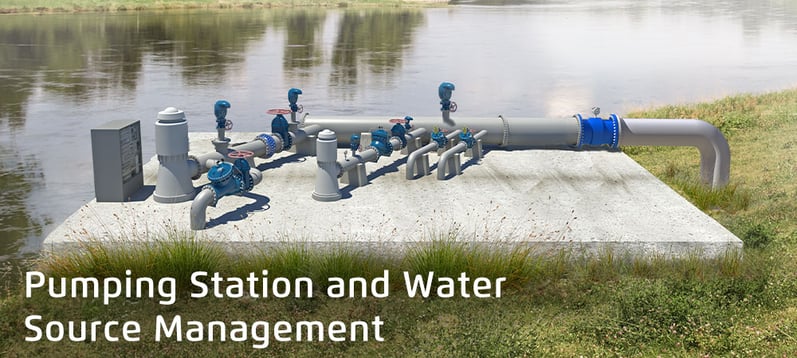
2. Water Distribution Network
Air Control
Poor air control in water networks can seriously affect their performance. The presence of uncontrolled amounts of air in water systems causes inefficient filling and draining procedures, flow reduction, and increased pumping energy costs. It also disrupts the operation of some system components such as control valves, water meters, etc.
However, air is essential in dealing with vacuum conditions and pressure surges. As such, effective air control systems should be able to take air into the water system, sometimes with high flow and within a short time.
Proper air control in irrigation networks ensures optimal performance. Air control in water systems is critical for increasing efficiency during filling, draining, and pressurized operation, as well as protecting the system from vacuum conditions and pressure surges.
Pressure Surges
Pressure surge phenomena are caused by a sudden change in the speed of flow as a result of start-up, shut-down, or power failure of pumping stations or closing of large valves. Effective pressure management systems should prevent and mitigate surge events in the network and protect the pumps, pipelines, and other critical components from damage, bursts, and serious breakdowns which can have severe consequences such as heavy financial costs and even loss of life.
Effective pressure management systems prevent and mitigate surge events and protect the pumps, pipelines, and other critical components from damages, bursts, and breakdowns.
Growing Demands on Water Delivery Network
Modern water delivery networks should be designed to provide effective and economic solutions as demand grows, support low maintenance requirements, and enable highly accurate water metering for correct billing and water sharing.
To meet these demands, control valves that regulate pressure & flow for each pressure zone along the distribution network allow optimization of the network while taking into account topography, distance from the pumping station, irrigation method, and different demand scenarios.
Water management systems based on IoT and cloud technology, including water meters and pressure & flow regulation valves in each pressure zone along the distribution network should enable network optimization and real-time reaction to any event.
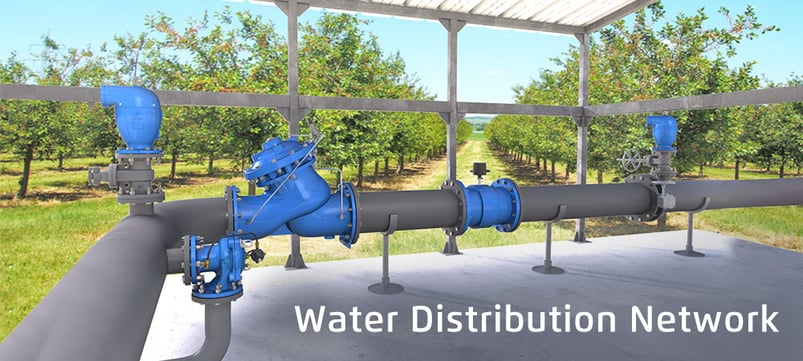
3. Hydrants
Advanced and smart hydrants — also known as Outlet Management Systems (OMS) — are rapidly becoming the preferred solution to provide farmers with suitable pressure and flow for their crops on a pre-scheduled timetable during the irrigation season. These hydrants enable the regulation of water pressure, and in many cases, the flow as well.
Additionally, hydrants should be as maintenance-free as possible as well as extremely robust to withstand outdoor conditions including extreme weather events, vandalism protection, and lack of electric supply.
Smart hydrant solutions allow water authorities to cope with water scarcity, energy costs, and rapidly growing water demand as well as meet environmental regulations and farmers’ needs.
When selecting a hydrant, look for solutions that:
- Regulate water pressure & flow automatically with no need for external energy
- Optimize and monitor water flow using smart and accurate flow meters
- Provide remote control and billing options
- Are resistant to tough outdoor conditions, extreme weather, and interruptions in power supply
- Provide protection against tampering and vandalism
Cloud-based applications should provide full system visibility and remote control for efficient day-to-day operation, management, and decision-making.
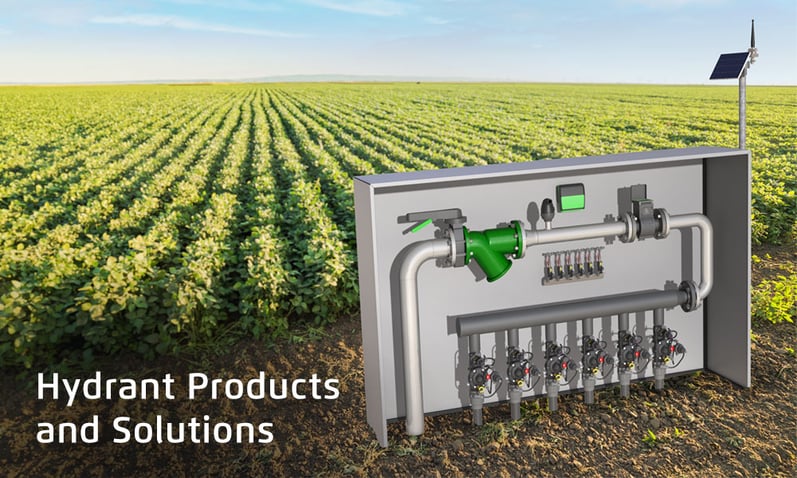
Providing Best-Fit Solutions to Meet Any Irrigation Challenge
Leveraging our unique products, design tools, experience, and capabilities, BERMAD’s team works closely with customers to devise a tailored solution, taking all requirements such as environment, topography, water quality, energy, pressure, as well as budget, local regulations, and customer preferences into account to provide the most effective solution.
BERMAD answers the need for advanced & efficient water delivery systems focused on supply systems, distribution lines, and delivery endpoints. Learn about our advanced solutions for worldwide irrigation water supply projects.
Related Items

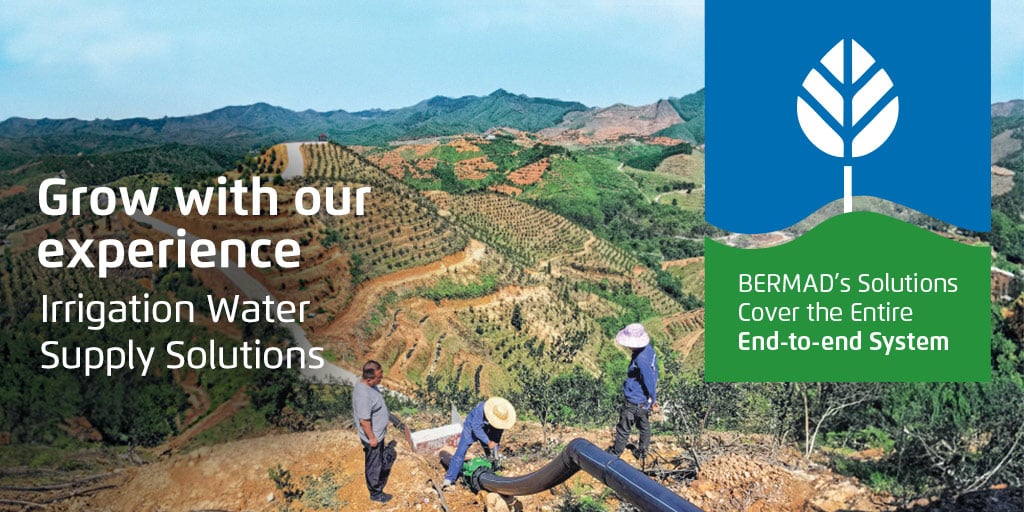
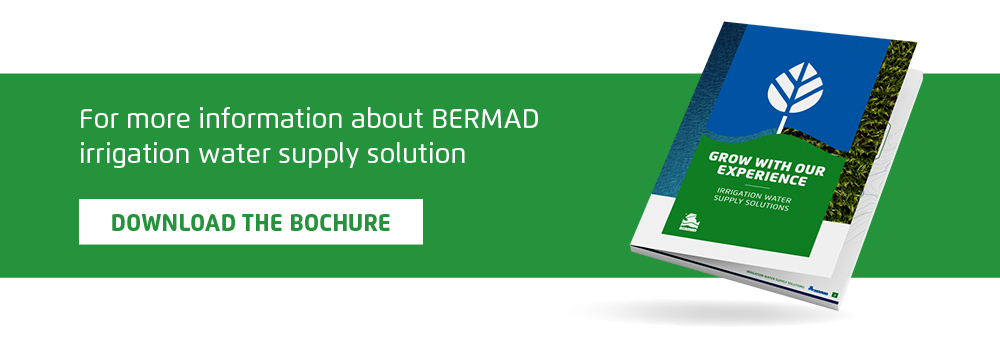


-1.png?width=457&height=334&name=ir-inf-2-Blog-related-item-2(2)-1.png)


